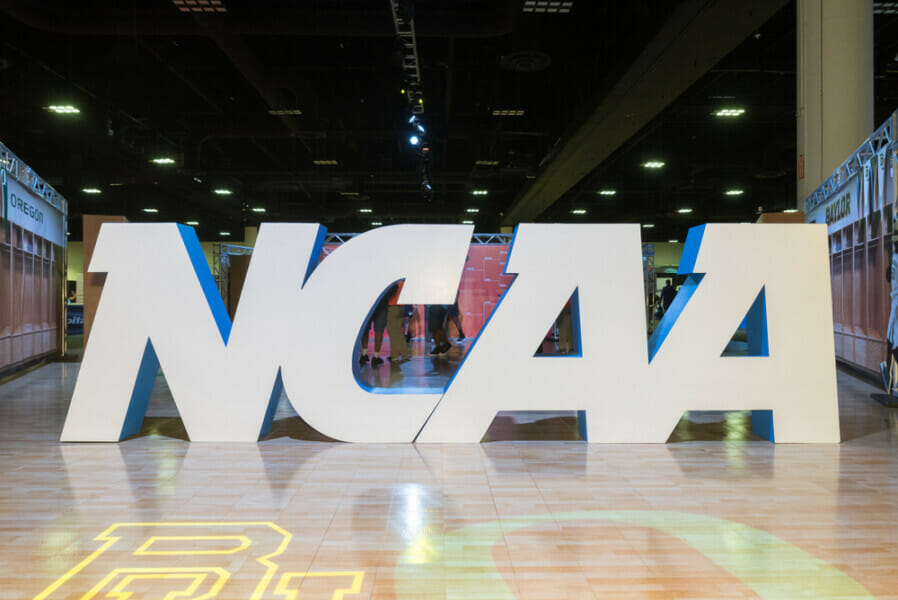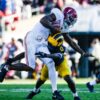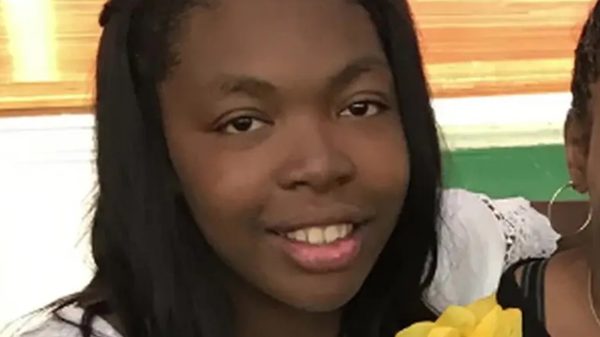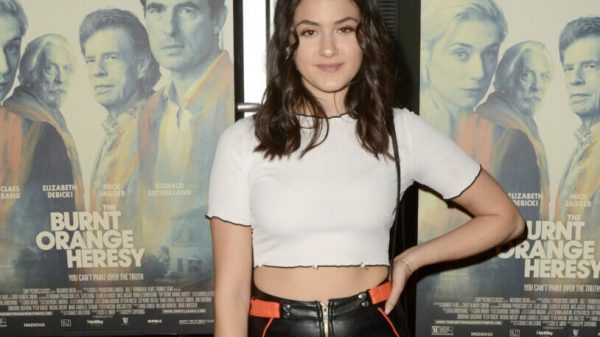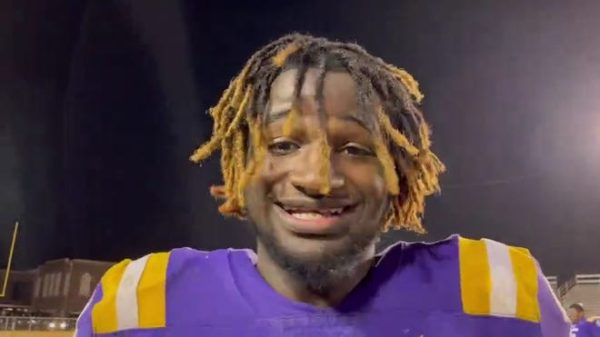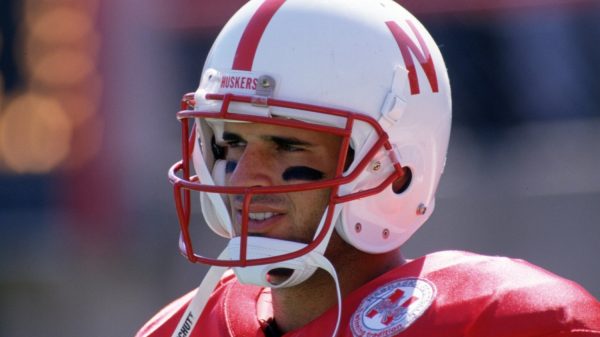A case argued before the United States Supreme Court in March 2021 redefined college sports. Three months later, Justices unanimously denied the NCAA’s contention that it could limit how student-athletes receive payments related to their education.
NCAA v. Alston redefined college sports throughout America, creating new opportunities for students to profit from their names, images, and likeness (NIL). This happened after the creation of the NCAA Transfer Portal in 2018, meaning that student-athletes in all sports no longer have to beg coaches and athletic directors to transfer. The new NIL rules may further impact recruitment and transfers.
The most important reason for the codification of NIL laws was to allow athletes across all college sports to enjoy a more equitable dynamic. But, all of these new regulations can be a lot for student-athletes to absorb. Fortunately, some new platforms in the NIL space are making this shift easier for athletes.
A Great Option for Recruits and Transfers Exploring NIL
TipMyTeam, an innovator in the NIL space, launched in August 2022.
Unlike cumbersome contracts, the platform developed by TipMyTeam allows those who love college sports to donate to support their favorite team, either once or monthly. These transparent donations are split between all team members, as well as a charity athlete’s designate.
This game-changing approach fostered by TipMyTeam is celebrated by Bobby Reid, a founding member and former QB at Oklahoma State University and Texas Southern University. When asked how TipMyTeam makes a difference in recruiting, Reid replied, “We are not trying to influence recruiting, but it will give a potential recruit the knowledge of what fan bases are behind their team and charity work.”
Reid continued, “If a football team, for example, has 50,000 fans donating $10 per month, it could make a difference in the quality of athletes a team can recruit.”
TipMyTeam will also have a positive impact on athletes who make the difficult decision to transfer. According to Reid, “Athletes may realize the grass may not always be greener, and decide to stick to it by making amends with the current situation. Either way, we believe our platform will encourage athletes to stay in college longer, specifically speaking about those ‘on the fence guys.’ Which will lead to even more athletes graduating.”
Image: fitzcrittle/Shutterstock

